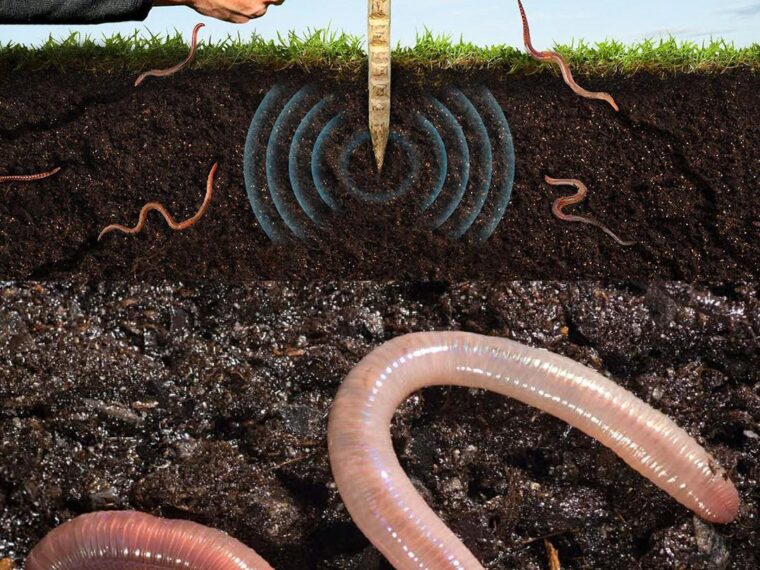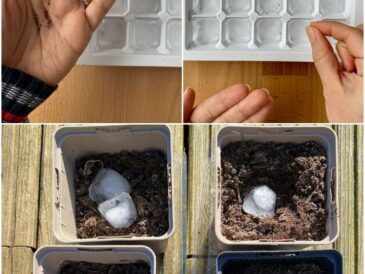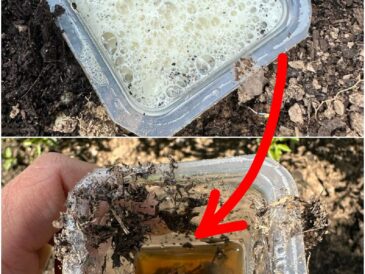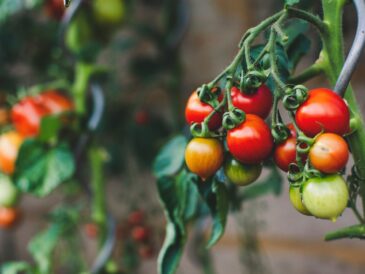Earthworms are one of the best allies for any gardener. These humble creatures aerate the soil, help break down organic material, and improve soil fertility by releasing nutrients that plants need to thrive. If you want a healthier, more productive garden, attracting earthworms is a great step. But how can you welcome them into your garden and ensure they thrive? Here are four effective strategies to make your garden a haven for earthworms.
1. Keep Your Soil Moist and Well-Drained
Earthworms love moisture but hate waterlogged conditions. One of the key strategies to attract and retain earthworms in your garden is to ensure that the soil stays consistently moist, but not overly saturated.
- Why Moisture Matters: Earthworms breathe through their skin, and they need a moist environment to do this effectively. Dry soil can dehydrate them and cause them to leave or die. On the other hand, waterlogged soil can drown them, so maintaining the right balance is crucial.
- How to Maintain Moisture: Water your garden regularly, especially during dry spells, but be careful not to overwater. Using a mulch layer of straw, shredded leaves, or compost can help retain moisture by reducing evaporation from the soil. Mulch also provides an organic food source that earthworms love. For areas that tend to get overly saturated with water, make sure you have proper drainage in place.
2. Add Organic Matter to Feed Earthworms
Earthworms thrive in nutrient-rich environments where they have plenty of organic material to feed on. Organic matter is a natural attractant for earthworms, and it can be incorporated into the soil in various forms.
- Compost: Compost is one of the best materials to add to your soil to attract earthworms. As the organic material in compost breaks down, it becomes a rich food source for earthworms. Spread compost over your garden beds or work it directly into the soil. Over time, earthworms will be drawn to your garden to feast on the decaying plant matter.
- Green Manure and Cover Crops: Planting cover crops like clover, alfalfa, or rye can boost the organic matter in your garden as they decompose. These cover crops also improve soil health and provide earthworms with a constant food source.
- Leaf Litter and Grass Clippings: Fallen leaves and grass clippings provide excellent organic material for earthworms. Instead of raking up all the leaves or removing grass clippings after mowing, allow them to stay on the soil surface. They will naturally decompose and create a favorable environment for earthworms.
3. Avoid Harmful Chemicals
TO CONTINUE READING THE ARTICLE PLEASE SEE PAGE 2




